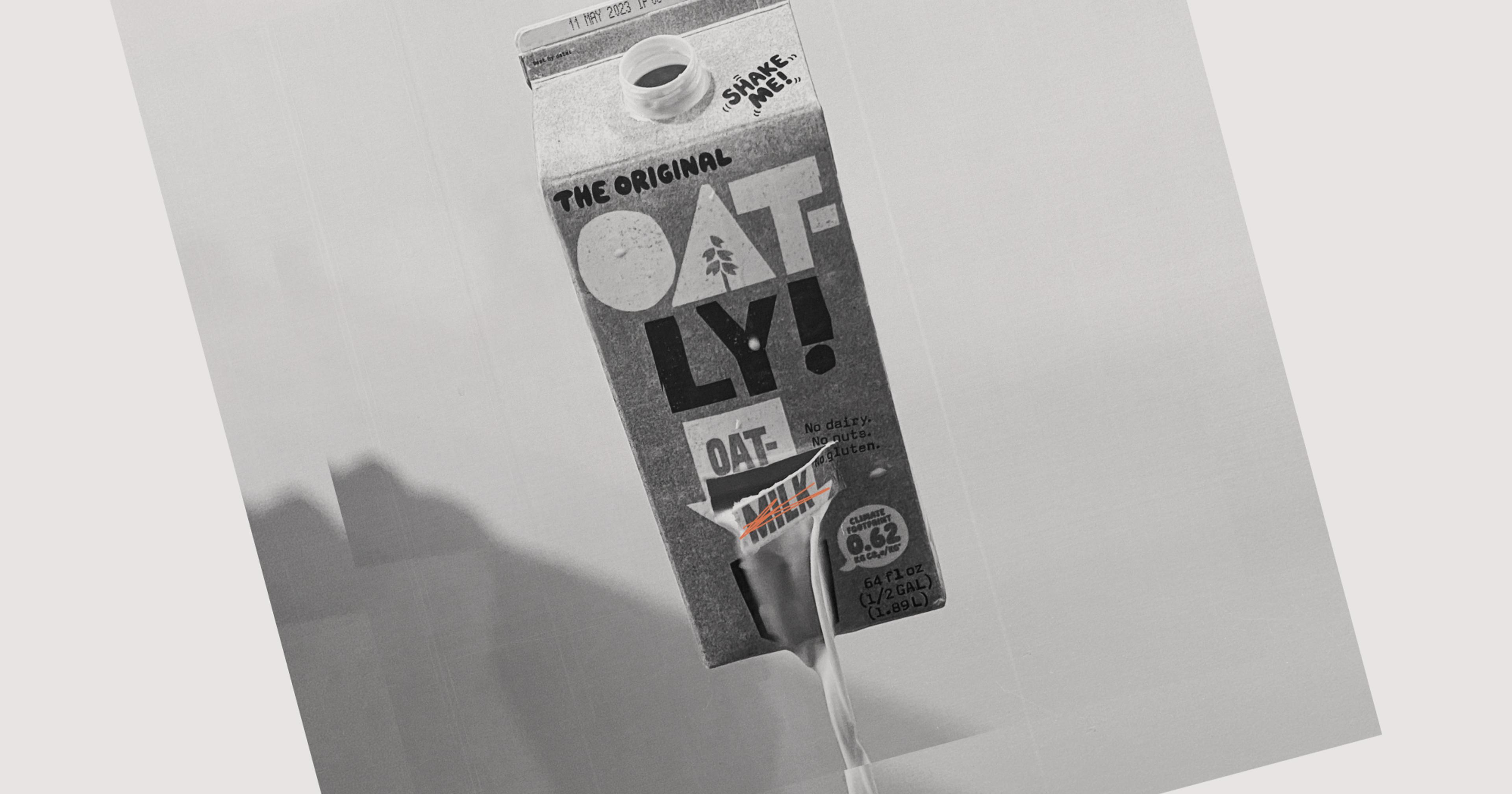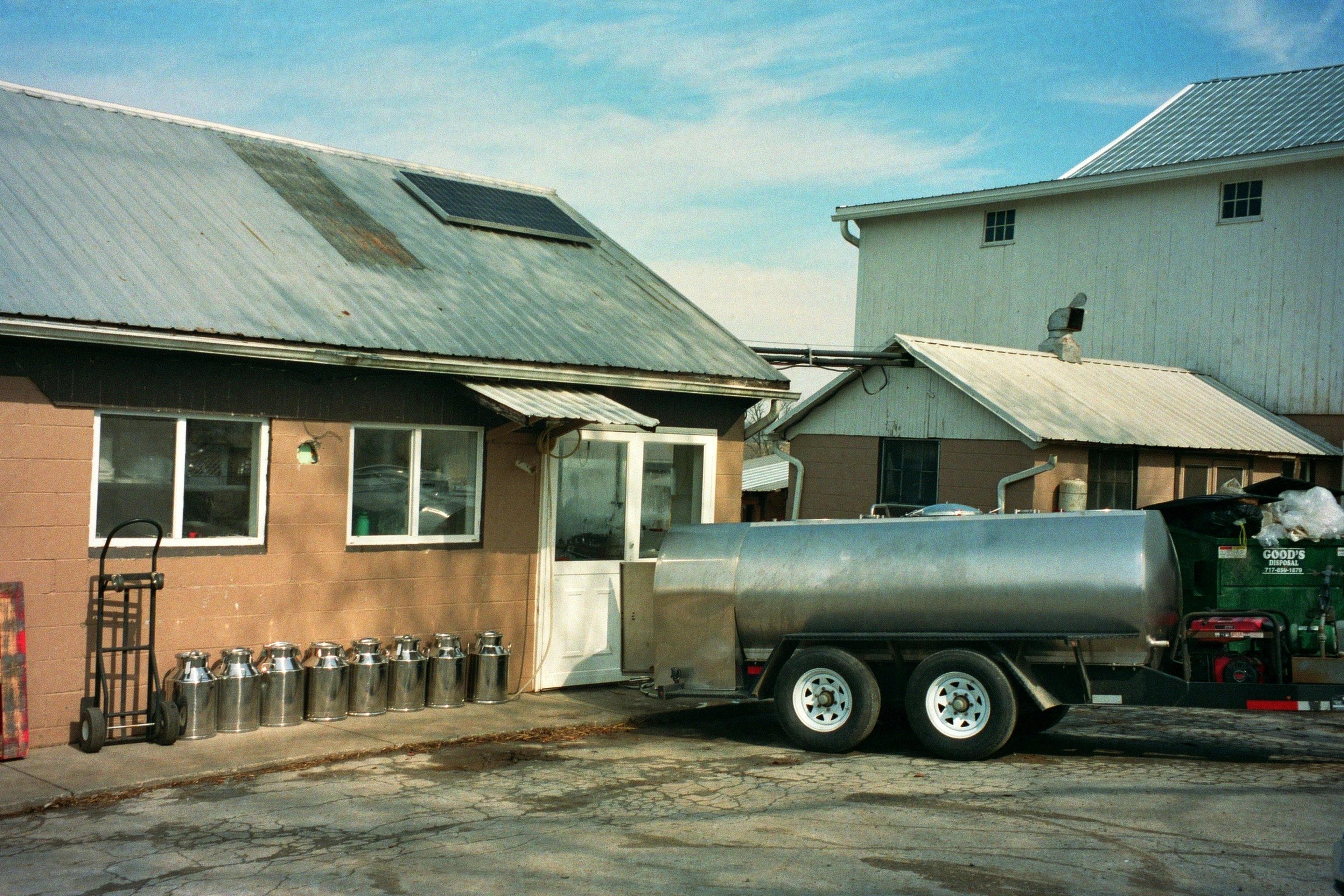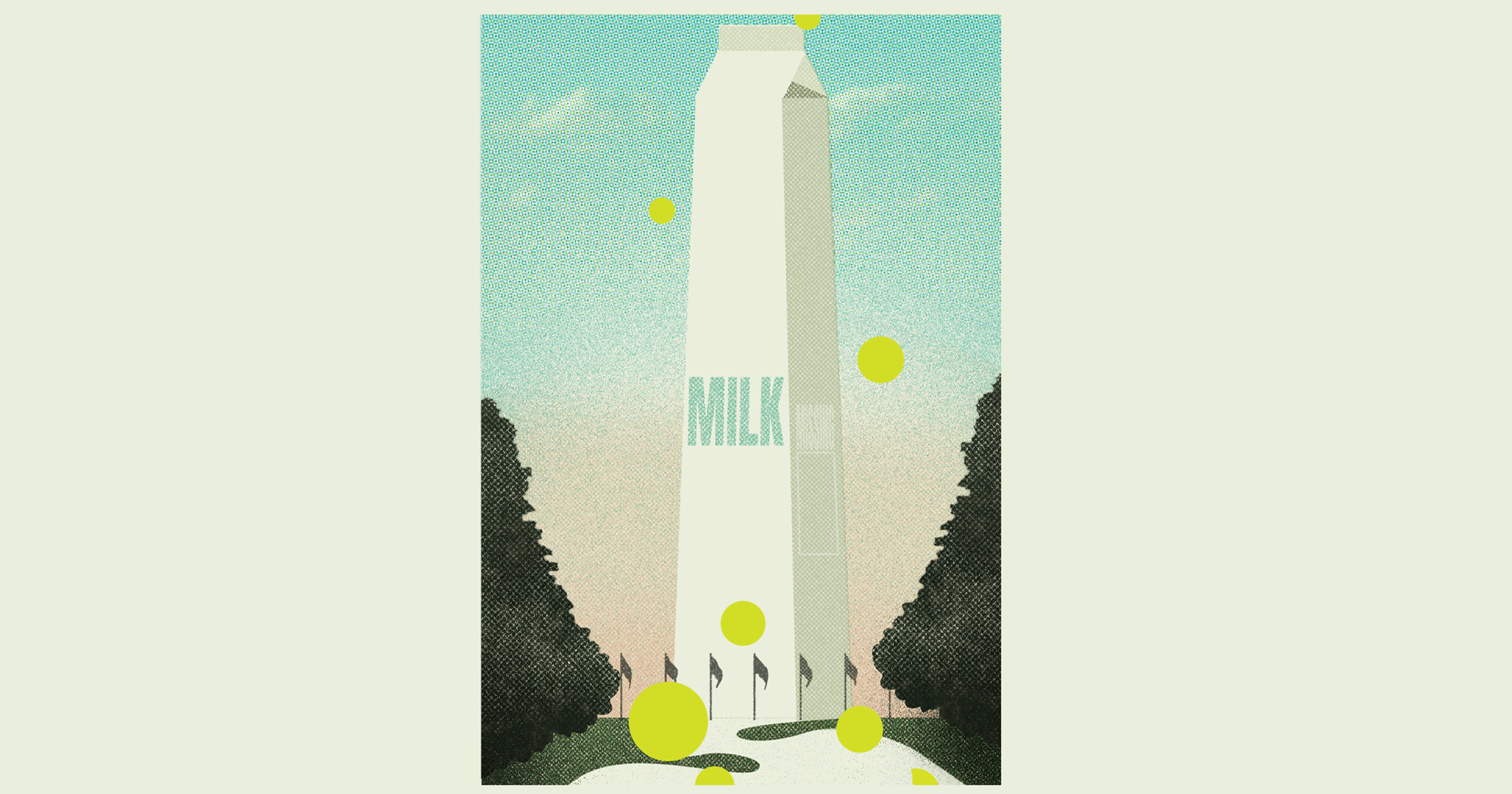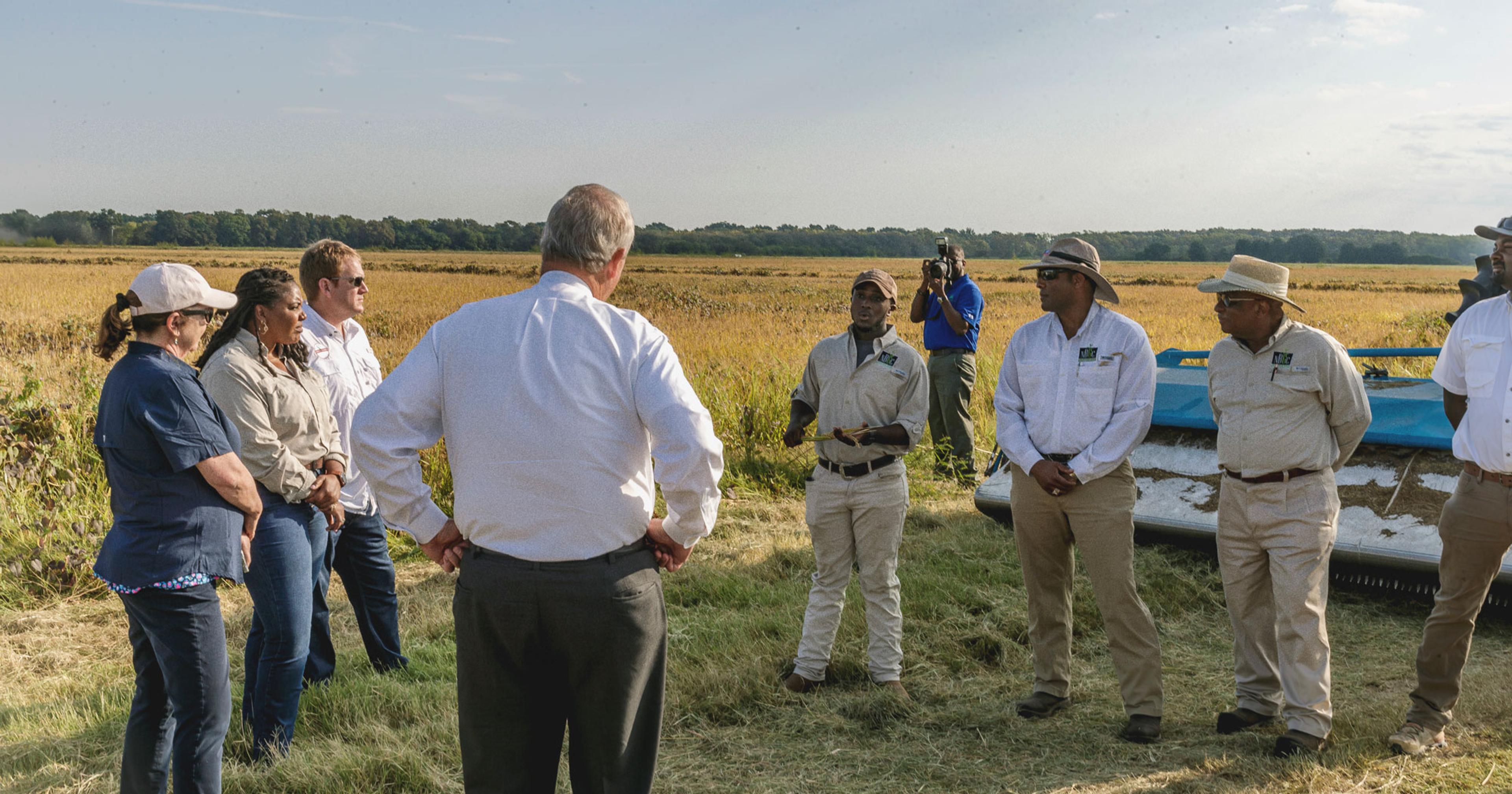In the wake of new Food and Drug Administration guidance, dairy state politicians are again trying to make almond milk change its name.
The dairy industry — and the politicians who support it — want to stop producers from labeling almond, soy, and oat milk as “milk,” in the wake of federal guidance that would allow for this terminology.
The Food and Drug Administration (FDA) released draft guidance in February for how plant-based alternative food products should be labeled. According to the draft document, the agency would allow companies to continue using terms like milk, as long as the source of the liquid, — such as nuts or soy — is clearly defined.
While the FDA already had a defined definition for milk, established in 1973 as the “lacteal secretion, practically free from colostrum, obtained by the complete milking of one or more healthy cows,” the agency cited First Amendment freedoms when it comes to naming products. The agency’s draft decision said free speech in products should only be restricted when labeling is “inherently false or misleading.” Additionally, the FDA asserted that consumers are savvy enough to know that nuts and oats can’t be physically milked.
“Studies indicate that consumers understand that plant-based milk alternatives do not contain milk when shopping for various types of products labeled with the term ‘milk,’” the agency wrote.
Since this draft document was released, dairy producers have taken aim at the federal agency.
In Minnesota, the director of the Minnesota Milk Producers Association told MinnPost that the new guidance is “theft” for dairy farmers’ way of life and that “dairy farmers are offended that someone would try to steal their whole livelihood.”
Meanwhile, the executive director of the Wisconsin Cheesemakers Association said the new policy was full of tortured logic and claimed that the FDA decided that “almonds do lactate,” a reference to former FDA commissioner Scott Gottlieb’s infamous retort.
The movement to keep the word “milk” securely attached to secreting mammals has made strange bedfellows in American politics. For instance, progressive Democratic Senator Tammy Baldwin from Wisconsin has echoed similar ideas as ultra-conservative political commentator Nick Adams.
This legislation mirrors state-level efforts to keep meat alternatives from using terms such as burgers or sausage.
In the wake of the FDA’s draft decision, Baldwin said the guidance goes against her state’s dominating dairy industry and piggybacks on the hard work of more than 6,000 dairy producers in the state. In response to the FDA’s draft language, Baldwin reintroduced a 2017 bill that would prohibit seed, nut, plant, and algae products from using the words “milk,” “yogurt,” or “cheese” in their labeling.
“Wisconsin’s dairy farmers produce second-to-none products with the highest nutritional value and imitation products have gotten away with using dairy’s good name without meeting those standards,” Baldwin said in a statement. “The Biden Administration’s guidance that allows non-dairy products to use dairy names is just wrong, and I’m proud to take a stand for Wisconsin farmers and the quality products they make.”
This legislation mirrors past state-level efforts to prevent meat alternatives from using terms such as burgers or sausage to brand their products, which proponents said would prevent consumers from making purchases under false pretenses. Baldwin’s Defending Against Imitations and Replacements of Yogurt, milk, and cheese to Promote Regular Intake of Dairy Everyday Act, otherwise known as the DAIRY PRIDE Act, has bipartisan support from co-sponsors representing Vermont, Iowa, Maine, and Idaho.
For Linda Ceylor, a 50-head organic dairy farmer in northern Wisconsin, this bill is an affirmation that Baldwin is looking out for dairy farmers in a competitive market. Ceylor, who produces grass-fed milk, said labeling plant-based products as alternatives or imitations would help consumers understand more about where the beverages come from.
“It’s not really milk, it’s more of a refined product because nobody has milked a cashew or an almond or soybean,” Ceylor said. “It’s a win for us to have a voice.”
But according to Nicole Negowetti, vice president of policy and food systems with Plant Based Food Association, a trade organization that represents major dairy alternative producers like Oatly and Califia Farms, the DAIRY PRIDE Act is a “solution in search of a problem.”
Plant-based milk products such as almond milk have grown drastically in consumption, reaching over $3 billion in annual domestic sales.
Wisconsin holds a huge part of the dairy market, producing 31.7 billion pounds of milk in 2021. It’s the second-biggest dairy-producing state, while California leads the country’s almond supply, producing a majority of the nut across the world.
Plant-based milk products such as almond milk have grown drastically in consumption in recent years, reaching over $3 billion in domestic sales this past year. Consumers have sought alternatives to dairy for a variety of factors, but according to consumer studies, the main reasons are lactose intolerance, concern for animal welfare, and environmental stewardship.
Madeline Cohen is a regulatory attorney with the Good Food Institute, a nonprofit group that advocates for alternatives to dairy, eggs, and protein. She said the organization commends the FDA’s new guidance for its focus on consumers’ ability to understand the difference between plant-based milk and cow’s milk. She said that consumers choose these alternatives for a variety of reasons and oftentimes “specifically because it is not cow’s milk.”
Additionally, Cohen said, this new guidance goes in the face of the country’s climate goals, particularly regarding the dairy industry’s share of methane emissions that contribute to global warming. According to the USDA, almost 30 percent of warming in U.S. agriculture comes from the methane produced by cows, sheep, and goats.
“If the U.S. is serious about meeting its climate commitments, imposing arbitrary regulatory hurdles that disadvantage the plant-based dairy industry is the last thing the FDA should be doing,” Cohen said.
While some plant-based brands have co-opted milk-adjacent packaging and verbiage, the industry has a simultaneous history of showcasing health and environmental problems associated with dairy consumption.
FDA did recommend that dairy alternatives voluntarily include language to explain that the product has a lower nutrient amount than milk. If bills like Baldwin’s aren’t passed, plant-based beverage companies will be able to continue the use of the word “milk” for their products once the FDA guidance becomes final.










